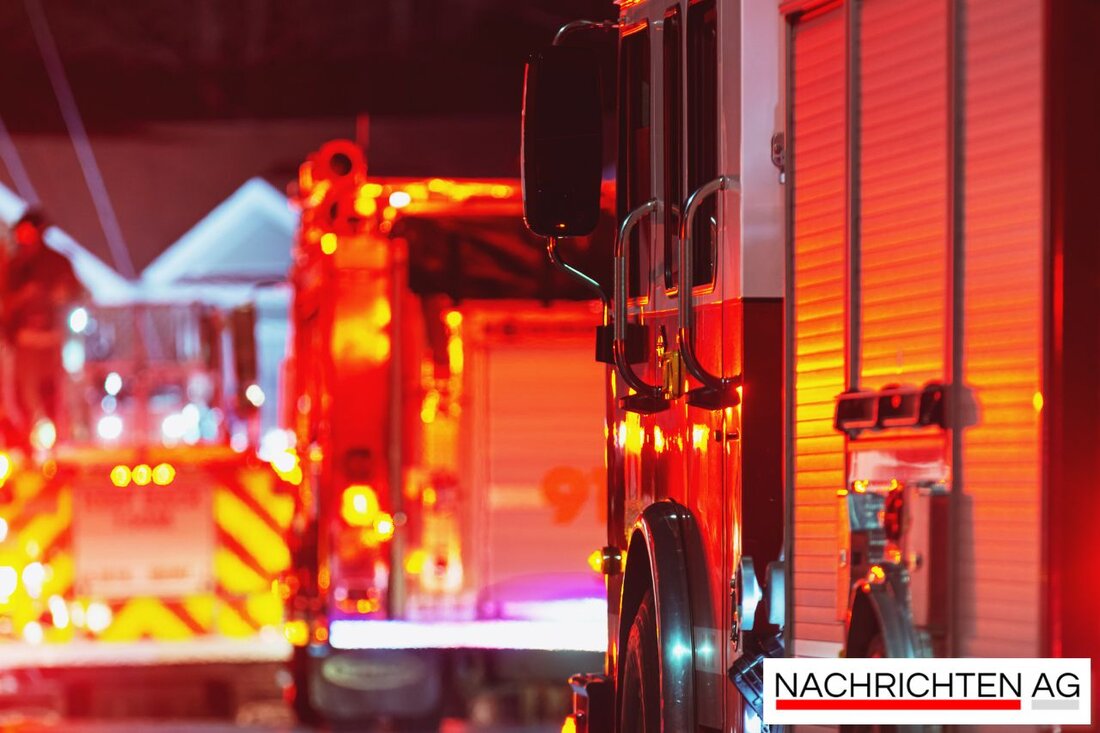Badge of honor for disaster relief workers: A sign of appreciation!
Mecklenburg-Western Pomerania is planning a badge of honor for disaster relief workers to recognize their valuable work.

Badge of honor for disaster relief workers: A sign of appreciation!
A remarkable initiative is emerging in Mecklenburg-Western Pomerania that could increase appreciation for disaster protection. Representatives of the SPD, CDU, Left, Greens and FDP have launched an interparty proposal to introduce a badge of honor for emergency services in disaster control. This application will be presented in the Schwerin state parliament on July 17th and could represent an important step towards recognizing voluntary work in this area.
Civil protection plays a central role in dealing with storm surges, forest fires and accidents. While there are currently awards for fire protection, there is a lack of corresponding appreciation for the diverse emergency services in disaster control. The lack of focus on this important group puts pressure on the organizations, especially on the many volunteers who work in the Technical Relief Agency (THW), in emergency services and other aid organizations.
So what happens behind the scenes? Ralf Benesch from the Rostocker Heide volunteer fire department is optimistic and emphasizes that the badge of honor could help attract more people to volunteer work. In view of the increasing demands caused by natural disasters, pandemics and other major disasters, it is urgently necessary to recognize and promote the valuable work of these volunteers. According to that Northern Courier 38 emergency services from the THW regional association Hamburg, Mecklenburg-Western Pomerania and Schleswig-Holstein are currently actively working on forest fires in Saxony. These auxiliary staff, including many from Preetz and Neubrandenburg, look after up to 1,200 emergency services around the clock.
The importance of these volunteer members is also emphasized by Ralf Mucha, the spokesman for blue light organizations in the SPD parliamentary group. He not only wants a badge of honor, but also donations for long-term commitment in order to strengthen the motivation of the helpers in the long term. These measures are intended to help sustainably promote disaster protection in Mecklenburg-Western Pomerania.
However, the challenges of volunteering should not be underestimated. A study by the Federal Office for Civil Protection and Disaster Relief (BBK) shows that around 1.76 million volunteers are active in civil defense and disaster protection in Germany, with the commitment rate remaining constant at around three percent of the population for years. If we look at the broader public, it becomes clear: almost a third of operational organizations do not have enough members to meet the increased demands.
Greater recognition and the introduction of a badge of honor could increase social pressure and potentially attract more people to volunteer work. In view of climate change and the associated increase in extreme weather events, the need to support volunteer emergency services is becoming increasingly urgent.
The badge of honor could also be used to recognize special achievements in disaster control. There is currently only one award for fire protection, while other emergency services worth protecting are in the shadows. The initiative, which will be discussed in the state parliament on July 17th, could mark a turning point and help disaster protection in Mecklenburg-Western Pomerania not only gain more recognition, but also urgently needed new volunteers.
We are excited to see how the discussion in the state parliament develops and what impulses will come from this valuable initiative.

 Suche
Suche
 Mein Konto
Mein Konto